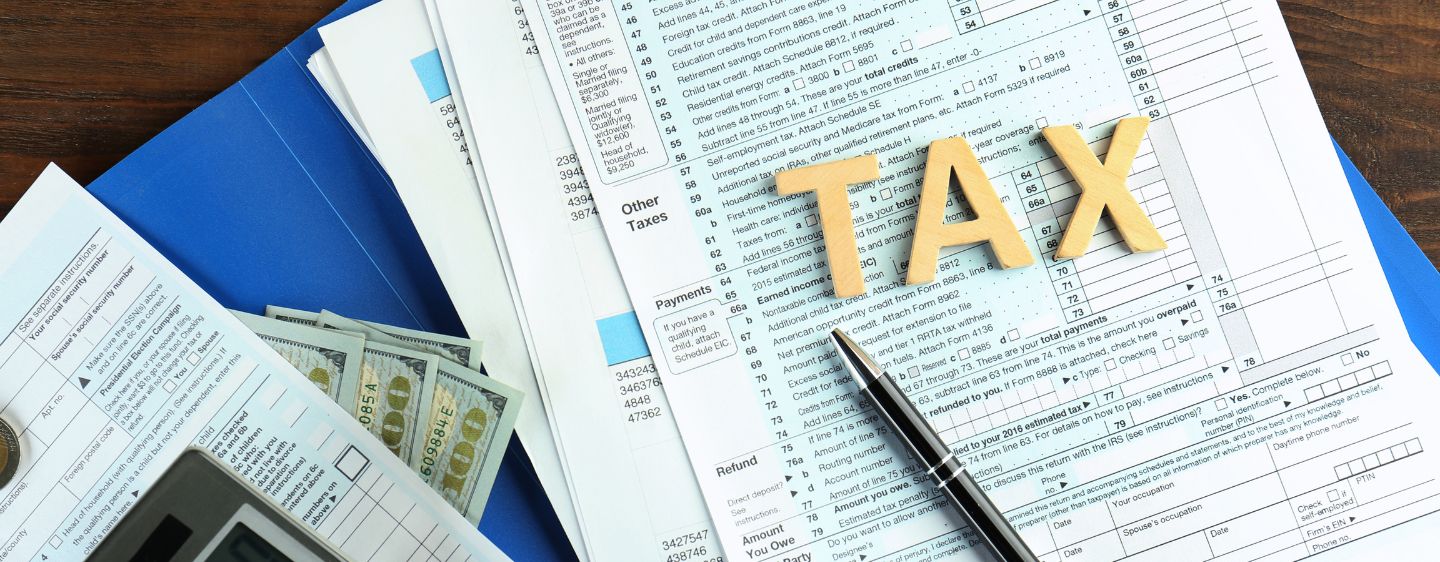
tips for a smooth tax filing season
Tax season is here, and with it comes the annual task of filing your taxes. While it can seem overwhelming, filing your taxes doesn’t have to be a stressful experience. With the right preparation and a few smart strategies, you can make your tax filing process smooth and efficient this year.
Get Organized
One of the biggest sources of stress during tax season is gathering all the necessary documents. Avoid the last-minute rush by getting organized ahead of time. Start by creating a checklist of the documents you’ll need, including:
- W-2s
- 1099s
- Mortgage Interest Statements
- Investment income statements
- Receipts for deductible expenses
Also, make sure you have your Social Security number or Taxpayer Identification Number ready, as well as your bank account information for direct deposit of any refund. The sooner you start gathering your documents, the less stressful the process will be when you file.
Choose the Right Filing Method
Once you have all your documents in order, it’s time to decide how you’ll file. There are several options:
- DIY Filing: You can file your taxes yourself using online tax software like TurboTax. These programs guide you through the process step by step and are especially useful for those with straightforward tax situations.
- Professional Help: If your taxes are more complex (such as owning a business), it may be worth seeking the help of a tax professional. A tax professional can ensure you’re maximizing your deductions and credits and help you avoid costly mistakes.
- E-Filing: Regardless of how you file, e-filing is the quickest and most secure method. Plus, it’s the fastest way to receive your refund.
Maximize Your Deductions & Credits
One of the best ways to reduce your tax bill is by taking full advantage of available deductions and credits. Here are a few you may want to consider:- The Child Tax Credit: If you have children, you could qualify for a credit of up to $2,000 per child.
- Education Credits: The American Opportunity Credit and Lifetime Learning Credit can help offset the cost of education-related expenses.
- Itemized Deductions: If you have significant deductible expenses (such as mortgage interest, medical expenses, or charitable donations), consider itemizing instead of taking the standard deduction.
Tax software or a tax professional can help you identify all the deductions and credits available to you, ensuring you’re not leaving money on the table.
Double Check Your Information
Accuracy is key when it comes to filing your taxes. Even small mistakes can delay your refund or cause problems down the line. Be sure to double-check the following:
- Social Security numbers: Ensure they match your records.
- Bank account information: This is crucial for direct deposit refunds.
- Calculations: Even minor errors can trigger delays.
- Name spellings: Ensure your name is spelled correctly on all forms.
File On Time (Or Request an Extension)
The deadline to file your taxes this year is April 15. Missing this deadline can result in penalties and interest, so be sure to file on time. If you’re not ready to file by the deadline, you can request an extension. However, keep in mind that an extension gives you more time to file, but it does not extend the time you have to pay any taxes owed. If you owe money, you’ll still need to estimate and pay by the April 15 deadline to avoid penalties.
Tax season doesn’t have to be stressful. By staying organized, choosing the right filing method, maximizing deductions, double-checking your information, and filing on time, you can make the process smooth and efficient. Don’t forget that the tax filing deadline is April 15—so get started now to avoid the last-minute rush.

